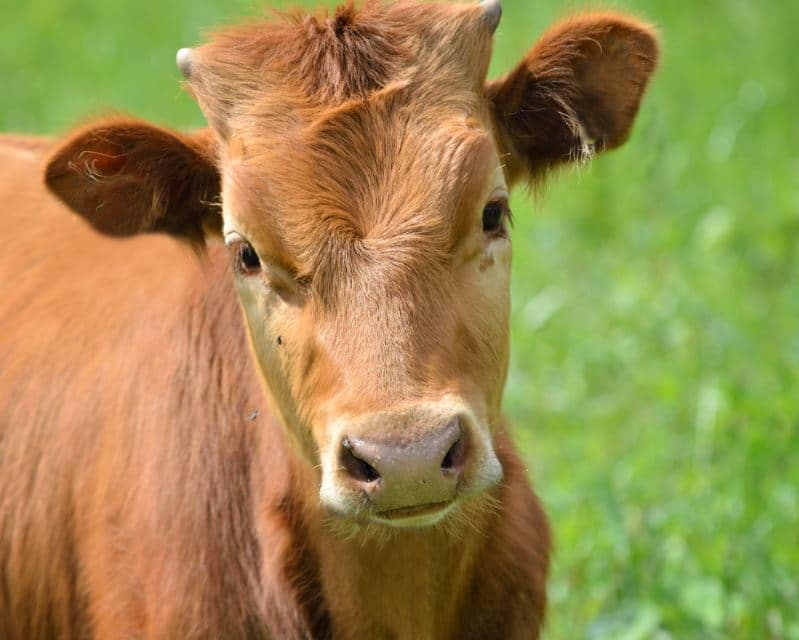Beef Farming and the Environment
Do you eat beef? Do you love a good steak? A juicy burger? Do you know your facts about beef farming? Maybe ribs are your weakness, dripping with smoky barbecue sauce and falling off the bone.
No matter how you like your beef, and many of us do in this world, with a whopping 280 million tons of beef being consumed globally every year, beef farming is destroying the planet one burger at a time.
I don’t mean to be controversial or confrontational to those who love and adore their beef, however, I do welcome the conversation and would like to say this: We just simply cannot continue our meat consumption in the same vein in which we are doing. If we do, we will completely devastate this planet beyond repair. We aren’t suggesting we give up eating beef entirely, we are merely stating that we need to change our habits, eat way less meat, and start healing this world one insect at a time.
Scientists and researchers agree, that entomophagy (the eating of insects) can be a huge contributing force to alleviating the stress on the planet that current farming practices have created.
[/col] [col span=”1/3″] [ux_image id=”8155″] [/col]Beef Farming and Air
Raising animals for food generates more greenhouse gas emissions than all the cars, trucks, trains, ships, and planes in the world combined.
Over 50% of global human-caused greenhouse gases can be attributed to livestock and their by-products, with beef farming being one of the largest contributors to greenhouse gas emissions.
A June 2010 report by the United Nations identified animal agriculture and food consumption as one of the most significant drivers of environmental pressures and climate change, stating that ‘a substantial reduction of impacts would only be possible with a worldwide diet change away from animal products.
[/col] [col span=”1/2″] [ux_image id=”8165″] [/col]Beef Farming and Water
When we look at the amount of water used in our daily lives, it is really astounding. And when we start breaking it down, looking at each item we use every day and how much water was used to make it, the results are absolutely mind-blowing.
Let’s take a look at a typical lunch. A loaf of bread requires about 240 gallons of water, and a pound of cheese takes about 382 gallons. So a simple cheese sandwich takes about 56 gallons of water. Throw in a small bag of potato chips at 12 gallons and you just ate about 68 gallons of water. Add some turkey and it jumps to 160 gallons! Thirsty? Rinse your sandwich down with an ice cold soda and you can add an extra 46 gallons of water onto your tab.
Let’s take a closer look at meat. Pound for pound, it has a much higher water footprint than vegetables, grains or beans. For instance, a single pound of beef takes, on average, 1,800 gallons of water. That huge water footprint is primarily due to the tremendous amount of water needed to grow the grass, forage and feed that a beef steer eats over its lifetime, plus water for drinking, cleaning and processing.
[/col]Beef Farming and Land Devastation
The reality of the situation is pretty bleak. Not only does beef farming lead to serious issues regarding our air and water, but it also completely devastates our land.
According to the Livestock, Environment and Development (LEAD) Initiative, an international consortium of government and private agencies based at FAO headquarters in Rome, more than two-thirds of all agricultural land is devoted to growing feed for livestock, while only 8 percent is used to grow food for direct human consumption.
LEAD researchers also found that the global livestock industry destroys forests and grasslands, and causes soil erosion, while pollution and the runoff of fertilizer and animal waste create dead zones in coastal areas and smother coral reefs.
So, let’s have the conversation. We know people aren’t just going to stop eating meat forever. But, if we can educate people to consume less, way less, and perhaps eat a bit more insect protein, we might just be able to turn this around.
[/col] [col span=”1/2″] [ux_image id=”8156″] [/col]
